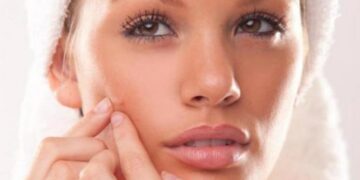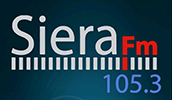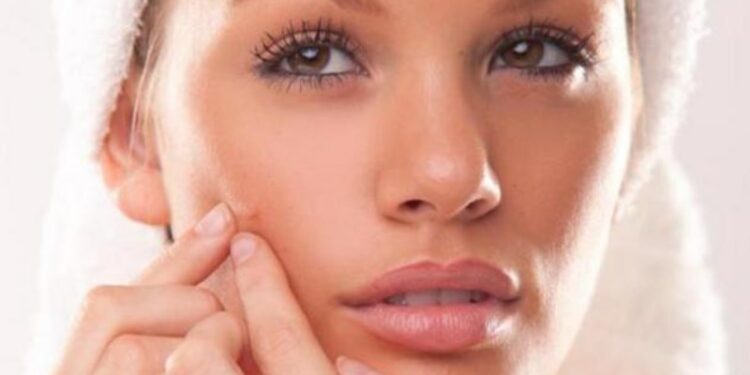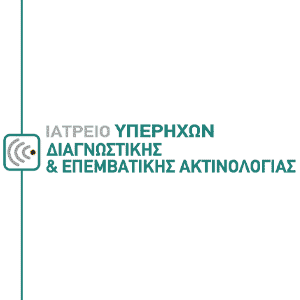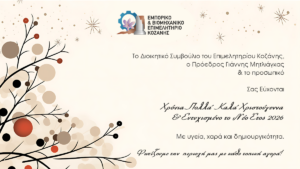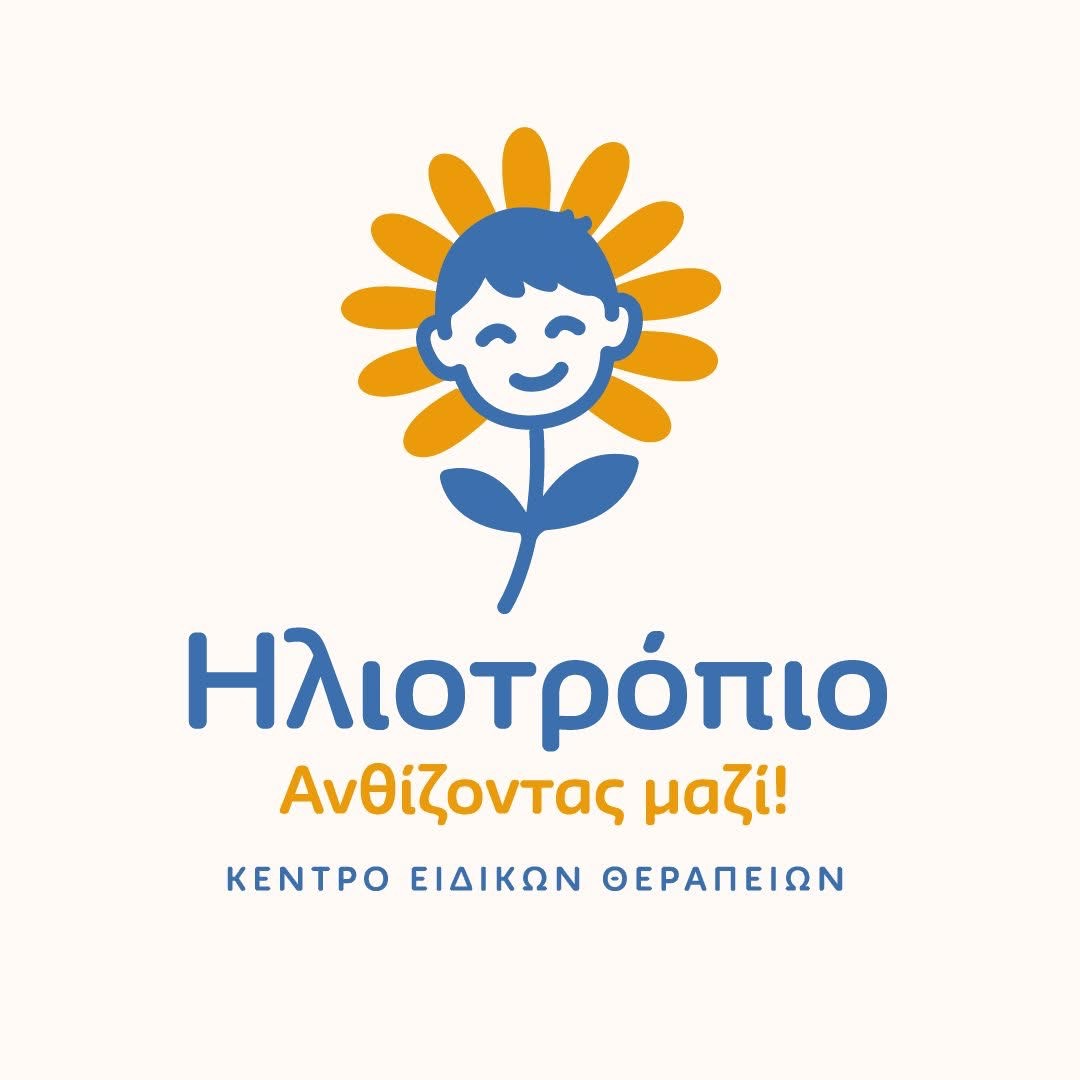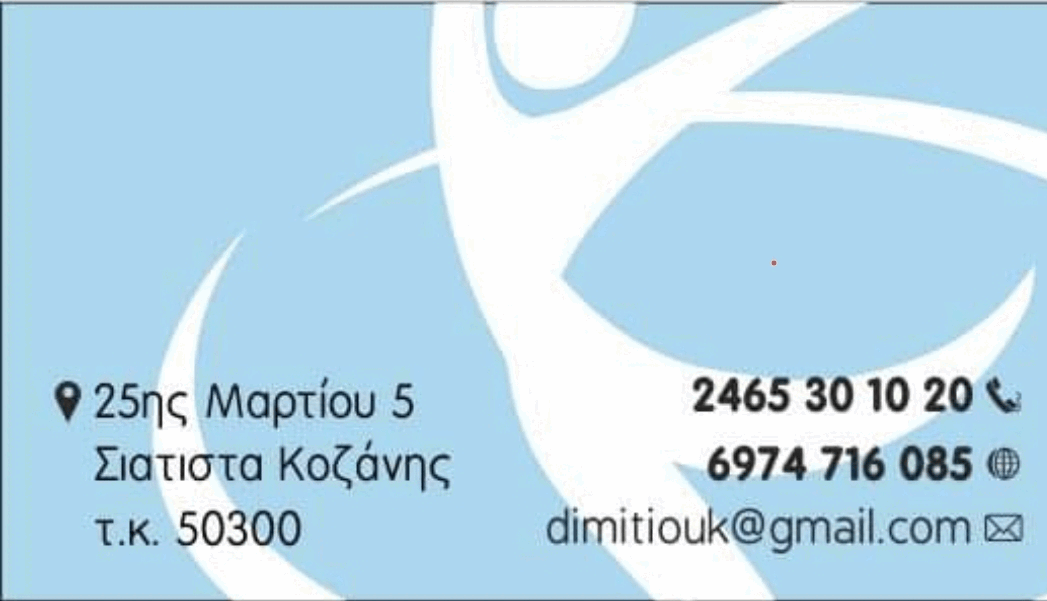Οι περισσότεροι νομίζουμε ότι η ακμή είναι ένα πρόβλημα που αφορά μόνο τους εφήβους. Τι γίνεται, όμως, όταν ανακαλύπτεις ότι τα ενοχλητικά σπυράκια που έβγαλες ξαφνικά, ενώ έχει περάσει η εποχή της πρώτης σου νιότης, επιμένουν να κατοικοεδρεύουν στο πρόσωπό σου; Μάθε, λοιπόν, ότι δεν είσαι η μόνη, αφού μία στις δύο γυναίκες ηλικίας 21-30 χρόνων παρουσιάζουν ακμή, όπως επίσης και το ¼ των γυναικών μεταξύ 30 και 40.
Tι άλλο χρειάζεται να ξέρεις; Ότι πολύ συχνά πίσω από την ακμή των ενήλικων γυναικών μπορεί να κρύβεται το σύνδρομο πολυκυστικών ωοθηκών (διαβάστε περισσότερα).
Πιο συγκεκριμένα, μελέτη της Δερματολογικής Κλινικής του Ερευνητικού Νοσοκομείου στα Άδανα της Τουρκίας διαπίστωσε ότι το 27% όλων των γυναικών με ακμή έχει επίσης και διάγνωση για σύνδρομο πολυκυστικών ωοθηκών.
Πρόκειται για ένα αρκετά συχνό γυναικολογικό πρόβλημα που, εκτός από την ακμή, μπορεί να διαταράσσει την ωορρηξία και προκαλεί διαταραχές περιόδου.
Όπως εξηγεί ο Δρ. Θάνος Παράσχος, ειδικός σε θέματα γονιμότητας, διευθυντής του κέντρου υποβοηθούμενης αναπαραγωγής EmBIO, το Σύνδρομο Πολυκυστικών Ωοθηκών (PCOS) αυξάνει τα επίπεδα τεστοστερόνης στις γυναίκες.
Αυτή η υψηλή τεστοστερόνη, που είναι κατεξοχήν ανδρική ορμόνη, αναγκάζει τους σμηγματογόνους αδένες να παράγουν πάρα πολύ από το λιπαρό σμήγμα, πράγμα που έχει ως αποτέλεσμα την ακμή. Αυτός είναι ο λόγος που οι γυναίκες με ακμή, που οφείλεται σε πολυκυστικές ωοθήκες, την εμφανίζουν συνήθως σε ορισμένες περιοχές στο πρόσωπο, που είναι ιδιαίτερα ευαίσθητες σε ορμόνες όπως στη γνάθο, στα μάγουλα, στο πηγούνι και στις γωνίες του λαιμού, εν αντιθέσει με τους εφήβους που βγάζουν σπυράκια συνήθως στο μέτωπο και τη μύτη και στα πλάγια της, δηλαδή στη λεγόμενη περιοχή Τ.
Σε κάθε περίπτωση, είναι σημαντικό μια γυναίκα που εκδηλώνει ακμή, εκτός από τον δερματολόγο που θα απευθυνθεί, να ενημερώσει και τον γυναικολόγο της, ώστε να διερευνηθεί αν πίσω από αυτή κρύβεται το σύνδρομο πολυκυστικών ωοθηκών.
Η διάγνωση αυτή είναι σημαντική όχι μόνο για να αντιμετωπιστεί σωστά η ακμή, αλλά και για να ρυθμιστούν τα υπόλοιπα συμπτώματα, που μπορεί να συνδέονται με τις πολυκυστικές ωοθήκες, όπως είναι η υπερτρίχωση, η ανωορρηξία, αραιομηνόρροια, αλλά και η υπογονιμότητα.. Φυσικά, η υπογονιμότητα (διαβάστε περισσότερα) είναι το τελευταίο που θα μπορούσε να υποψιαστεί μια γυναίκα που εκδηλώνει ακμή και με την οποία έρχεται τυχαία αντιμέτωπη, όταν θελήσει να κάνει οικογένεια, οπότε και ανακαλύπτει ότι δυσκολεύεται ή δεν μπορεί να συλλάβει.
Δεν είναι πάντα ίδια η θεραπεία
Είναι όμως η θεραπεία για την ακμή ίδια για όλες τις περιπτώσεις; Είναι ευνόητο πως όχι.
Γενικά, η θεραπεία για την ακμή είναι εξατομικευμένη και μπορεί να συμπεριλαμβάνει σκευάσματα για τοπική χρήση, αντιβιοτικά από το στόμα, ρετινοειδή. Αν, όμως, διαπιστωθεί ότι η ακμή είναι ορμονοεξαρτώμενη και συνδέεται με το σύνδρομο πολυκυστικών ωοθηκών, στόχος πρέπει να είναι να μειωθούν τα αυξημένα επίπεδα των ανδρογόνων, πράγμα που αντιμετωπίζεται με αντισυλληπτικά ή άλλα εξειδικευμένα φάρμακα, όπως τα αντιανδρογόνα.
Όπως εξηγεί πάντως ο Δρ. Παράσχος, τα αντισυλληπτικά, παρόλο που μπορεί να βοηθήσουν στον έλεγχο της ακμής όταν αυτή είναι ορμονοεξαρτώμενη, δε θεραπεύουν τις πολυκυστικές ωοθήκες. Μπορούν να βοηθήσουν στην αντιμετώπιση των συμπτωμάτων για όσο καιρό χορηγούνται, ρυθμίζοντας την ακμή, την ωορρηξία και την περίοδο της γυναίκας. Όταν όμως γίνει η διακοπή τους, τα συμπτώματα επανέρχονται, εκτός αν η γυναίκα διαχειρίζεται τα συμπτώματά της με δίαιτα, συμπληρώματα και άσκηση που έχουν αποδειχθεί ότι μπορούν να βοηθήσουν σε κάποιες περιπτώσεις.
Κάθε γυναίκα, πάντως, θα πρέπει να ξέρει ότι, ακόμα κι όταν οι πολυκυστικές ωοθήκες ευθύνονται για την υπογονιμότητά της, η δυνατότητα να γίνει εύκολα μητέρα και να αποκτήσει παιδί μπορεί να διασφαλιστεί με τη βοήθεια ενός ειδικού στην υπογονιμότητα και εξωσωματική γονιμοποίηση.
